WBH Weekly-ish Digest 2024-02-02: The Age of Frye

It's been a month since the weekly-ish digest, and in that time I managed to do an in-depth analysis of Northrop Frye's First Essay from the Anatomy of Criticism, as well as complete a couple of reviews of excellent adventures.
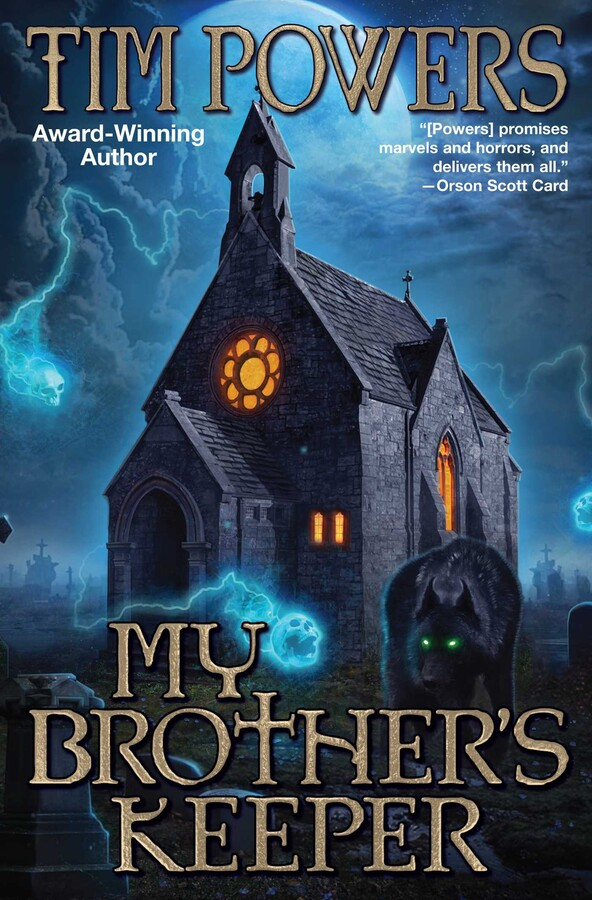
With Both Hands: My Brother's Keeper
Tim Powers has long been a favorite of mine, and his latest book featuring Emily Brontë and werewolves is simply fantastic! No one can write secret history like Powers.

I Might Believe in Faeries: My Brother's Keeper
One of Powers' great strengths as an author is that he knows how to get out of the way of his own subconscious. Aaron Irber has interviewed Powers a couple of times on his podcast, and Powers often says "I never thought of that, but next interview I'll make sure to say it was on purpose" when Irber brings up some interesting aspect of the story.
Powers clearly has no lack of craft as an author, so it is interesting to compare this approach to someone like Gene Wolfe, who artfully crafted everything just so in an intentional way.
It could be said, of course, that poetry is the product, not only of a deliberate and voluntary act of consciousness, like discursive writing, but of processes which are subconscious or preconscious or half-conscious or unconscious as well, whatever psychological metaphor one prefers. It takes a great deal of will power to write poetry, but part of that will power must be employed in trying to relax the will, so making a large part of one's writing involuntary. This is no doubt true, and it is also true that poetic technique, like all technique, is a habitual, and therefore an increasingly unconscious, skill But I feel that literary data are in the long run only explicable within criticism, and I am reluctant to explain literary facts by psychological cliches. Still, it seems now almost impossible to avoid the term "creative," with all the biological analogies it suggests, when speaking of the arts. And creation, whether of God, man, or nature, seems to be an activity whose only intention is to abolish intention, to eliminate final dependence on or relation to something else, to destroy the shadow that falls between itself and its conception.
-- Northrop Frye, Second Essay, The Theory of Symbols

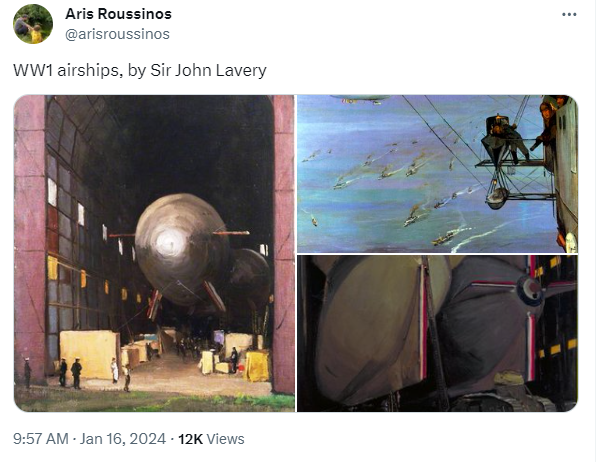
John J. Reilly was a big fan of alternative history, a sub-genre that has almost entirely evaporated, and he liked to point out that airships are a signature of alternative history, and that if you see too many airships, it is a signal that your timeline has departed from the main sequence.
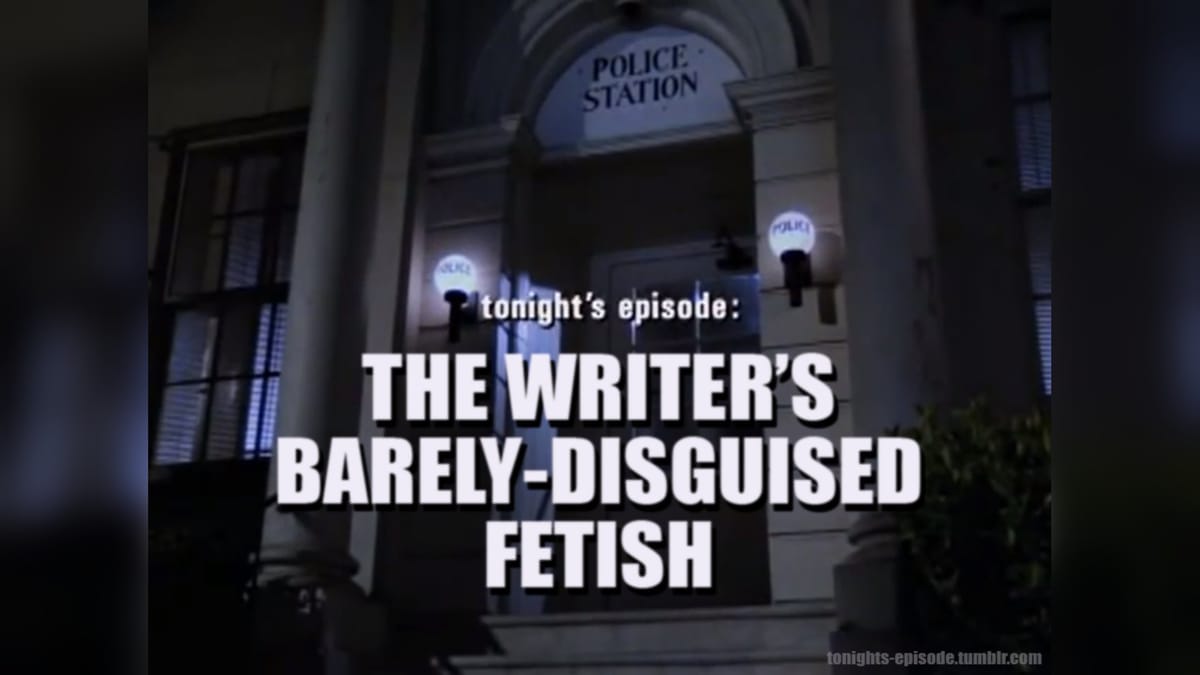
With Both Hands: Northrop Frye on Thematic Modes
The second part of Northrop Frye's First Essay concerns thematic modes, the characteristic themes of stories written in certain eras and styles. Thematic mode is mostly concerned with how an author interacts with his audience, unlike mode of heroic action, which is entirely internal to the story.
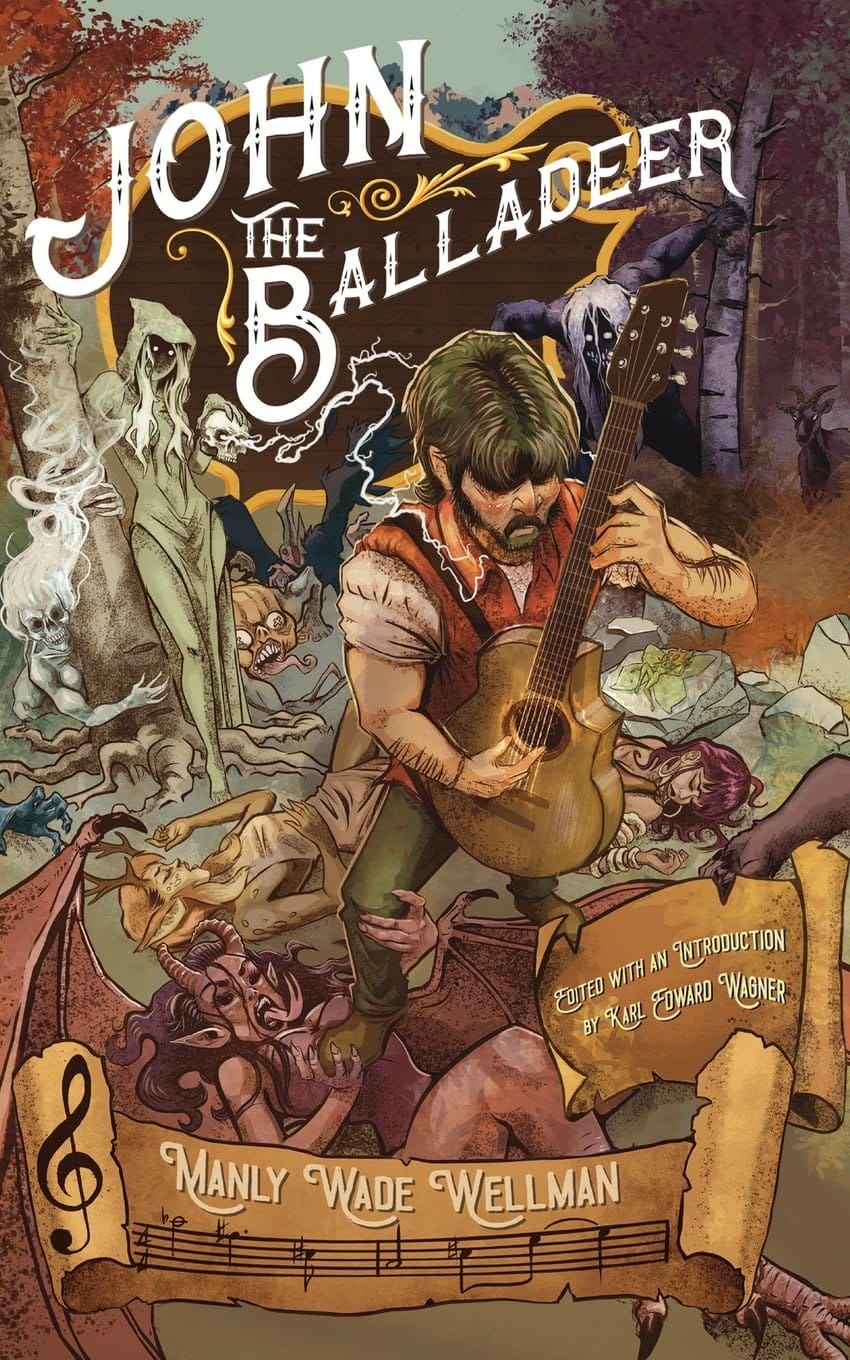
With Both Hands: John the Balladeer
Silver John, or John the Balladeer, is Manly Wade Wellman's Southern folk hero. John tramps the ridges and hollows of Appalachia, bringing song and the Gospel wherever he goes.

JC Scharl: The Resurrection of the Bawdy
J. C. Scharl uses the rambling and rude work of Rabelais, Gargantua and Pantagruel, to reflect on what it means to be an embodied soul and how our stories mimic that.
Scharl uses a categorization that matches up with Frye's model without using the words. Rabelais wrote a sophisticated version of the medieval folk tales. Medieval folk tales were at the same time more uninhibited and more innocent than our folktales are. They are stories of the Springtime, the initial flowering of our civilization, and lack the seriousness and self-reflection of our own time.
I also second Scharl's contention that what we call "high art" or "high culture" arises out of a swamp of "low art" in unpredictable ways.
But secondly, the existence of Rabelais is a perennial reminder that no period of history is as straightforward as we might like to think (and neither, by extension, is our own); the same Middle Ages that produced the Summa Theologica and the great cathedrals of France also gave Rabelais both the form and the material for his raucous comedies. If the contrast between medieval high culture and medieval folk culture teaches us anything, it is that high culture can thrive in a veritable swamp of gross low culture—and, indeed, may depend upon it. Rabelais shows us that it may be only a few steps from the stupidity of a spiraling poop joke to the stupendous sight of a cathedral spire rising over the fields.
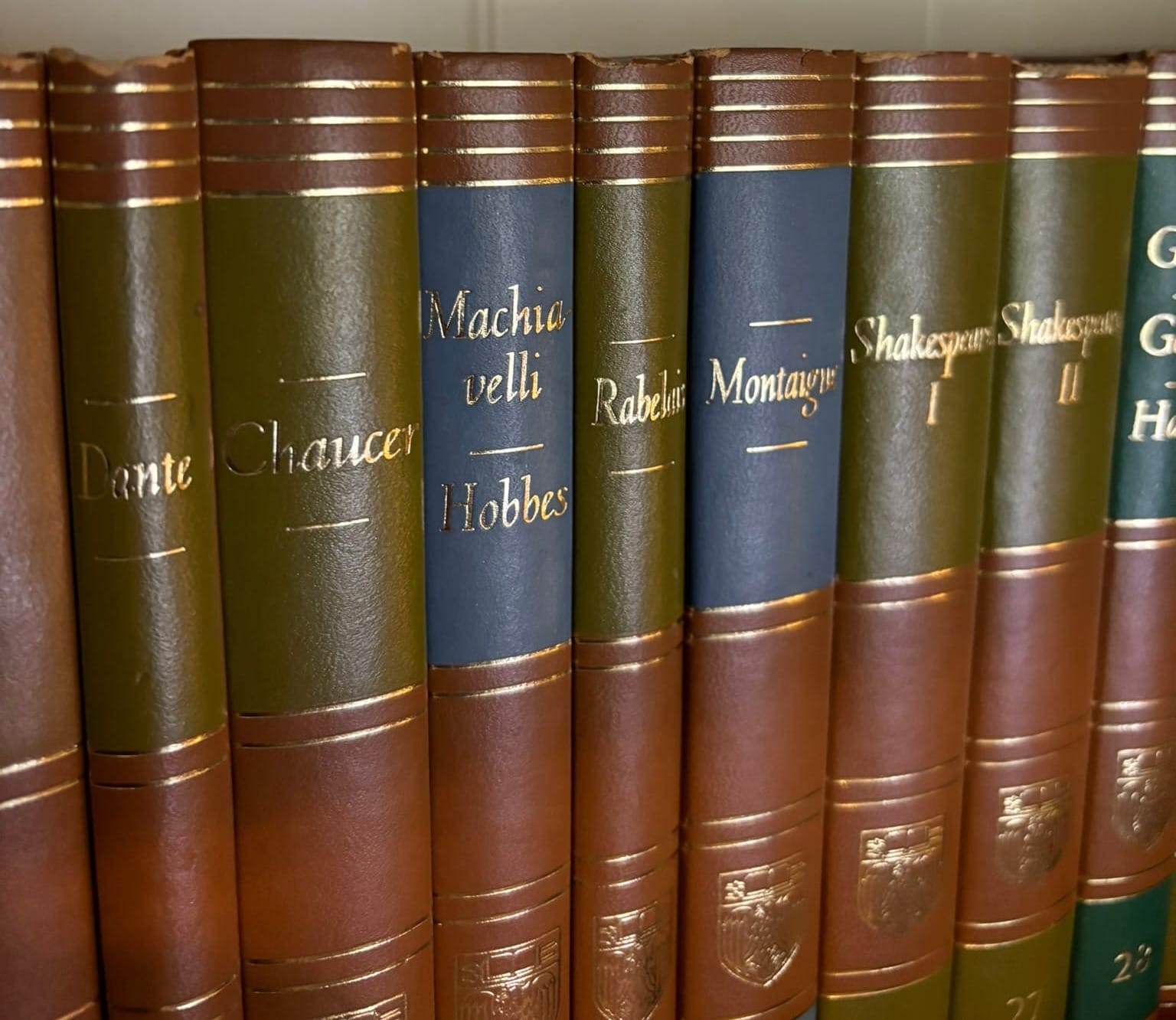
An interesting addition to Scharl's essay is that the solidly middle-brow and maybe even slightly stuffy Britannica Great Books series included Gargantua and Pantagruel right in between Chaucer and Shakespeare.
Another example of the same thing. This production of the Swedish folk song "Herr Mannelig" is serious, even tragic. The top comment on the YouTube video is from a Swede who says that "Herr Mannelig" was something that they sang much faster as kids, and made up their own funny verses, competing to see who could be the most ridiculous.

RWMC Reviews: The 1977 Annual World's Best SF
A long review of a collection of boring stories. This is mostly of interest because it is Donald Wollheim's long-running anthology of the "best" SF, and even in the late seventies Wollheim was pushing stories that were not fun, at all. Which is weird to me, because Wollheim published lots of authors who could write a better story, but none of them show up in this particular collection.
Also consider, 1977 was the year "Ender's Game" was published as a short story. While hindsight is 20/20, "Ender's Game" is way punchier than the stuff in Wollheim's 1977 anthology. And not only is it better than these stories, it was Card's first published story. It is hard to avoid the impression that this collection was in large part assembled because of personal ties rather than actual literary quality.
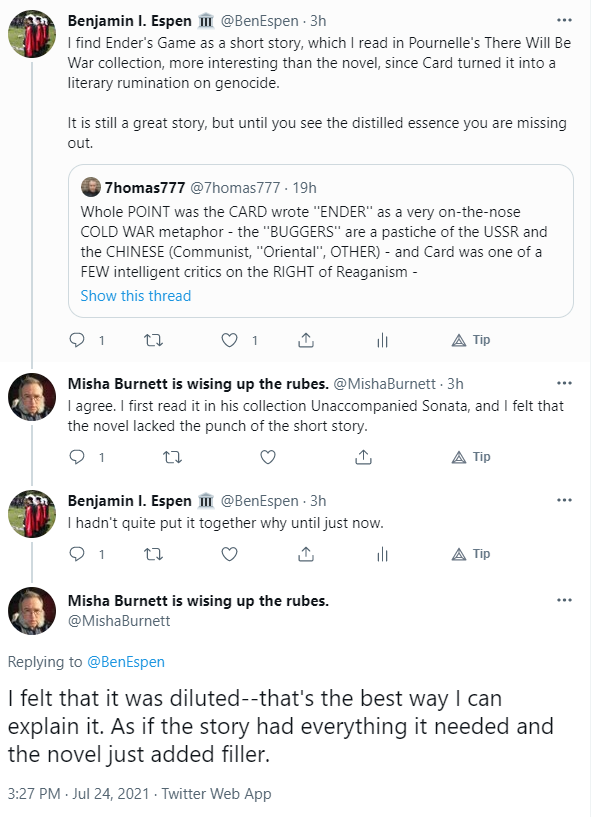
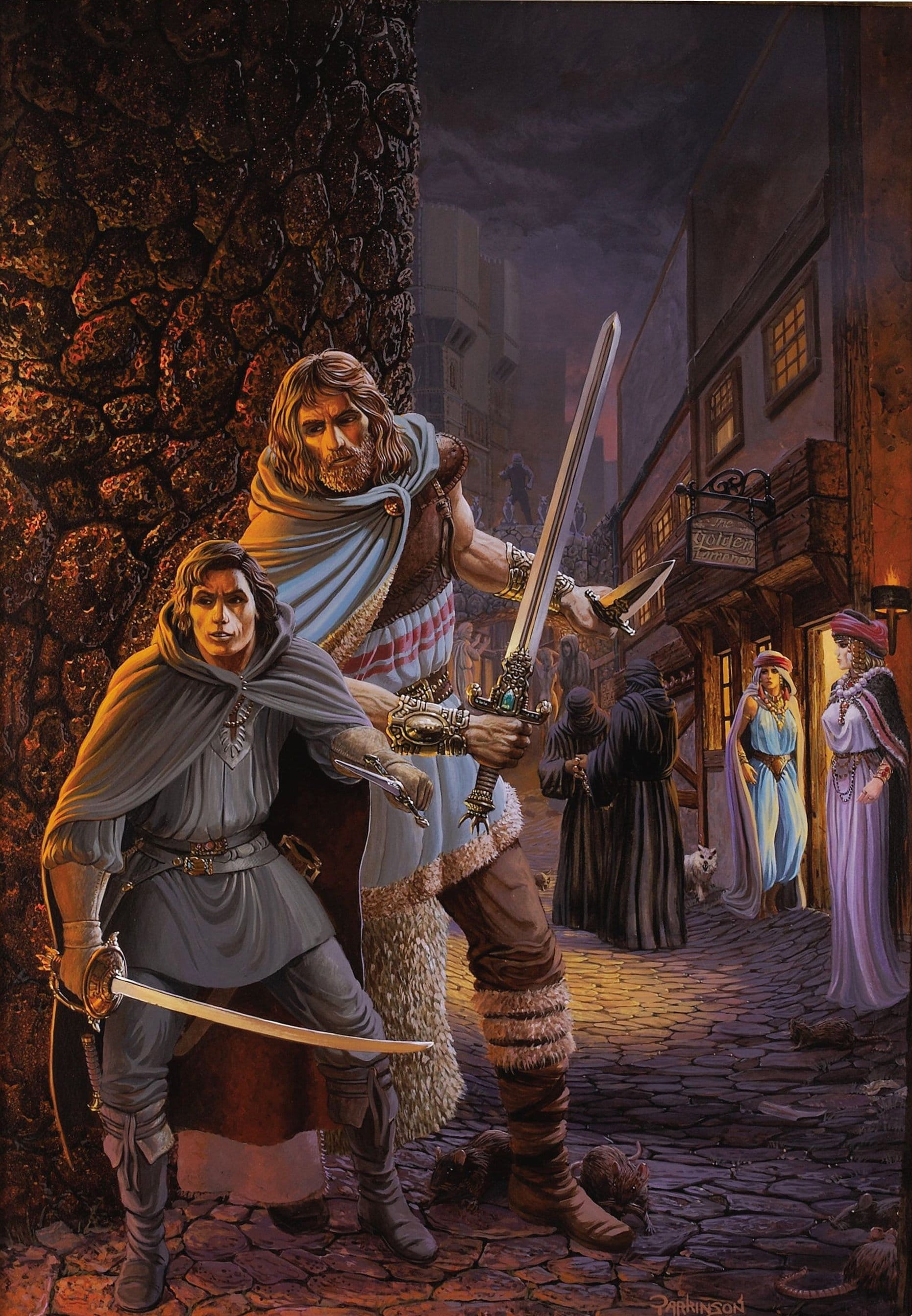
With Both Hands: Ill Met in Lankhmar
I love a good sale. The Open Road Media edition of The Adventures of Fafhrd and the Grey Mouser is on sale for $3.99 right now.
Wasteland and Sky: Super Signal Boost ~ Welcome to 2024!
Friend of the blog JD Cowan has a blog post on new and upcoming stories in 2024. Including Cowan's own Two Adventures Across Eternity, which is on sale for $0.99 at Amazon. I haven't read this particular book, but as I in general like Cowan's work, I think the price is good.





Comments ()